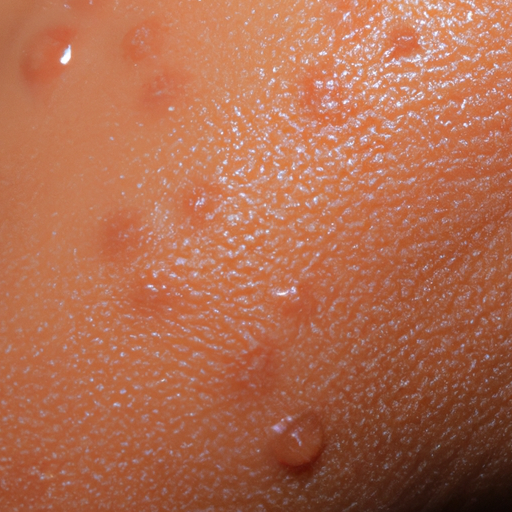As a dermatologist, I am often asked about the best ways to combat oily skin. Oily skin can be a source of discomfort and embarrassment for many people, leading to a dull appearance and frequent breakouts. However, with the right skincare routine and lifestyle changes, it is possible to manage oily skin effectively. Here are some of the best-kept secrets in dermatology for combating oily skin and unmasking your natural radiance.
Firstly, it is essential to understand that oily skin is not necessarily a bad thing. The oil, or sebum, produced by your skin plays a crucial role in maintaining skin health by providing a protective barrier against environmental pollutants and bacteria. However, when the sebaceous glands produce too much oil, it can lead to clogged pores and acne.
One of the most common misconceptions about oily skin is that it needs to be dried out. In reality, stripping the skin of its natural oils can cause it to produce even more oil as a defense mechanism. Therefore, it is important to use gentle, non-drying cleansers that remove excess oil without disrupting the skin’s natural balance. Look for products containing ingredients like salicylic acid or benzoyl peroxide, which can help to regulate oil production and prevent breakouts.
Exfoliation is another key aspect of managing oily skin. Regular exfoliation helps to remove dead skin cells that can clog pores and increase oiliness. However, it’s important not to overdo it. Over-exfoliating can irritate the skin and trigger increased oil production. Aim to exfoliate once or twice a week with a gentle product designed for oily skin.
In addition to a targeted skincare routine, certain lifestyle changes can also help to control oily skin. A healthy diet plays a significant role in skin health. Foods high in sugars and fats can stimulate oil production, so try to limit your intake of these foods and focus on a balanced diet rich in fruits, vegetables, lean proteins, and whole grains. Regular exercise can also help to regulate hormones that may contribute to oily skin.
Hydration is another crucial factor. While it may seem counterintuitive, keeping your skin well-hydrated can actually help to control oil production. When the skin is dehydrated, it can trigger the sebaceous glands to produce more oil. Therefore, make sure to drink plenty of water throughout the day and use a lightweight, oil-free moisturizer to keep your skin hydrated.
Lastly, don’t underestimate the importance of sunscreen. Sun exposure can trigger oil production and lead to breakouts. Look for a lightweight, oil-free sunscreen that won’t clog your pores.
In conclusion, managing oily skin requires a combination of the right skincare products, a healthy diet, regular exercise, and adequate hydration. It’s also important to remember that everyone’s skin is different, and what works for one person may not work for another. Therefore, it can be beneficial to consult with a dermatologist who can provide personalized advice based on your unique skin type and concerns. With the right approach, you can effectively combat oily skin and reveal your natural radiance.



